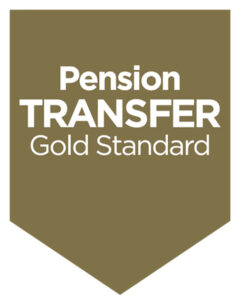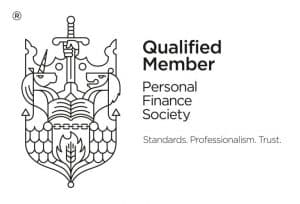A number of our articles recently have focussed on how to avoid scams and keep your money safe, which is vitally important, but it is worth taking a step back to consider just how often this happens, particularly where an Independent Financial Adviser is involved.
The last set of figures from the Financial Ombudsman Service (FoS) showed that there were 1,915 formal complaints against financial advisors in 2018/19. That might sound like a lot, but the total number of complaints received by FoS in the period was 388,392. That means that complaints against financial advisers accounted for only 0.5% of all complaints about financial services, that’s 1 in 200.
If you then consider that an estimated 4.5 million people in the UK use a financial adviser, then 1,915 complaints represents a rate of 0.026%, or to put it another way using the now familiar Corona virus comparison rates, that equates to 0.22 complaints per 100,000. Imagine if that was the infection rate – we’d be cured!
So, as you can see the number of complaints against Independent Financial Advisers is actually exceptionally low making advisers one of the most trustworthy and respected professions in the country with one of the lowest complaint rates. You have to be careful of course because financial advisers deal with your life savings but in only 1 in 400,000 cases is there ever even cause for complaint. It’s just that when there is a complaint it often makes the news, that just the nature of the beast. Recently for example, there has been some press about poor advice in the Self Invested Personal Pension (SIPP) market.
The latest news is around the case in the Court of Appeal between Carey Pensions and Mr Adams who lost his pension in a SIPP investment into storage units. The case revolves around whether the pension provider can be held liable for the performance of the investments and advice given, when it only provided the service and not the advice or investment management. No doubt the case will rumble on for a few more years, but at the heart of the matter are a few points worth bearing in mind. Firstly, the customer was not dealing with a qualified regulated adviser, he was trusting his pension to an unregulated introducer. So always use an adviser and check their authorisation status. Second the investment was into high risk investments namely offshore storage units with the promise of sky-high returns. So, the second lesson is if it looks too good to be true it is. You will never come across a “new” or “secret” investment that no one knows about but will give you sky high returns – it will always be a scam. As we always say, check with an adviser first. Complaints do happen but, in this example, there are often quite simple reasons behind them.


















